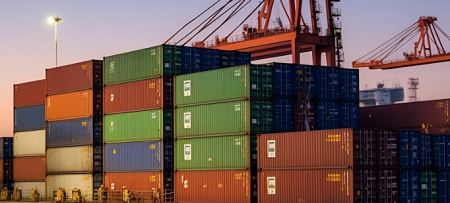What does FCL FCL mean by sea?
 Mar 08, 2024|
Mar 08, 2024| View:116
View:116FCL FCL refers to the goods for which the whole container is dedicated to one consignee. Goods are not mixed in the same container with goods from other different owners. This method is suitable for large quantities of goods or goods that need to maintain integrity and independence.
Transportation costs are calculated based on the size of the container. 20-foot and 40-foot containers are commonly used. The length of containers is generally 20 feet and 40 feet, and the size of the container used is usually determined by the total volume of the cargo.

Advantages of FCL by Sea:
High efficiency: Full container load (FCL) is usually faster relative to bulk cargo (LCL) because there is no delay caused by cargo consolidation and unpacking.
Large space: FCL provides you with more space to load goods, which may be more beneficial for larger quantities or large goods, there is room to consider whether to punch the card board.
Low handling cost: Compared with bulk cargo (LCL), full container load (FCL) does not require cargo consolidation and unpacking, and the handling cost is relatively low.
Less product restrictions: FCL can transport dangerous goods with only relevant supporting documents.
Disadvantages of FCL by Sea:
High cost: Full container load (FCL) can be more expensive than bulk cargo (LCL) for smaller shipments.
Empty space: If you don't have enough inventory, you may have to pay for unused space.
The corresponding is what we often call LCL, which means that a batch of goods cannot fill a container. Multiple shipments from different consignees are consolidated into a single container for transportation. Transportation costs are calculated based on the weight and volume of the goods, and the forwarder is responsible for the consolidation and dismantling of the goods.

 +86-21-61406313
+86-21-61406313 Login query
Login query
 Login query
Login query



